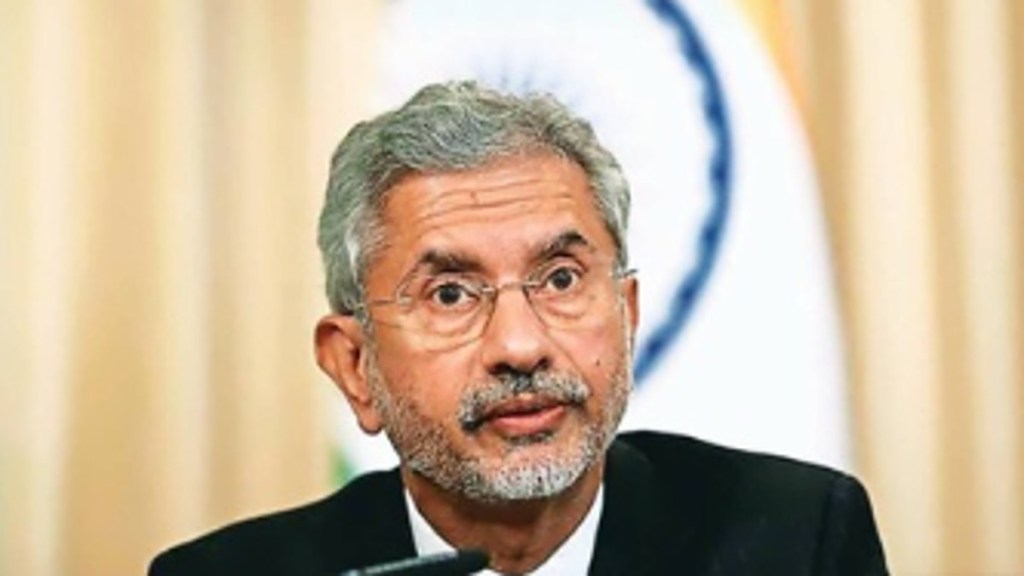During a recent event titled ‘India, Asia and the World’ hosted by the Asia Society, India’s External Affairs Minister S. Jaishankar expressed optimism regarding the country’s diplomatic ties with neighboring nations Sri Lanka and Bangladesh.
Jaishankar addressed concerns about the stability of India’s relationships following political shifts in these countries, emphasizing that India is not in a position to control the political dynamics of its neighbors. “I would urge you not to be deterministic about it. It’s not like India is seeking to control every political move of every neighbor. That’s not how it works,” he stated.
Responding to a question about India’s unconditional aid to Bangladesh and Sri Lanka, the minister highlighted that every country operates within its unique set of dynamics. “In foreign policy, you try to read, anticipate, and then respond to it. I’m very confident that, in our neighborhood, the realities of interdependence or mutual benefit will serve both our interests,” he said.
Jaishankar reflected on the historical context, noting that despite periodic concerns about regional stability, corrective measures often manifest over time. “Every few years, something happens in our region, and people suggest that there is some kind of irretrievable situation. You then see the correctives beginning to manifest themselves,” he added.
On Sri Lanka’s recent economic crisis, Jaishankar pointed out India’s timely assistance of USD 4.5 billion, which he said was crucial in stabilizing the country’s economy when “nobody else came forward.” He clarified that India’s support was extended without political conditions, stating, “We were doing it as a good neighbor who did not want to see that kind of economic meltdown at our doorstep.”
Turning to Bangladesh, he noted the different nature of their relationship, emphasizing that collaborative projects over the past decade have benefitted both nations and improved regional logistics.
Jaishankar’s remarks come against the backdrop of significant political changes in both countries. Recently, Nobel laureate Muhammad Yunus was sworn in as the head of Bangladesh’s interim government, and Marxist leader Anura Kumara Dissanayake became Sri Lanka’s ninth president.
Jaishankar reiterated that the political developments in these countries are ultimately for their citizens to navigate, stressing that India respects the choices made by its neighbors.
(With inputs from PTI)

